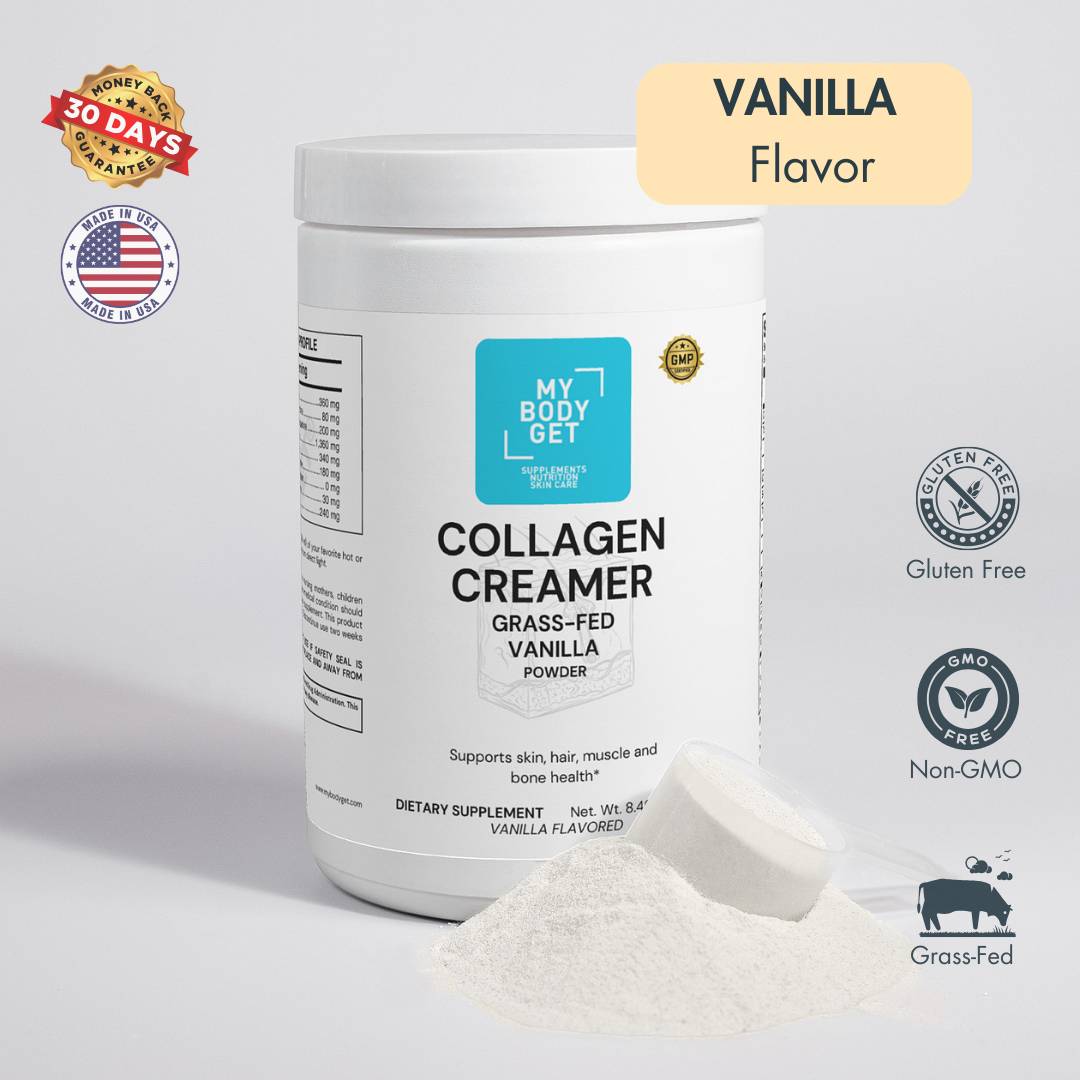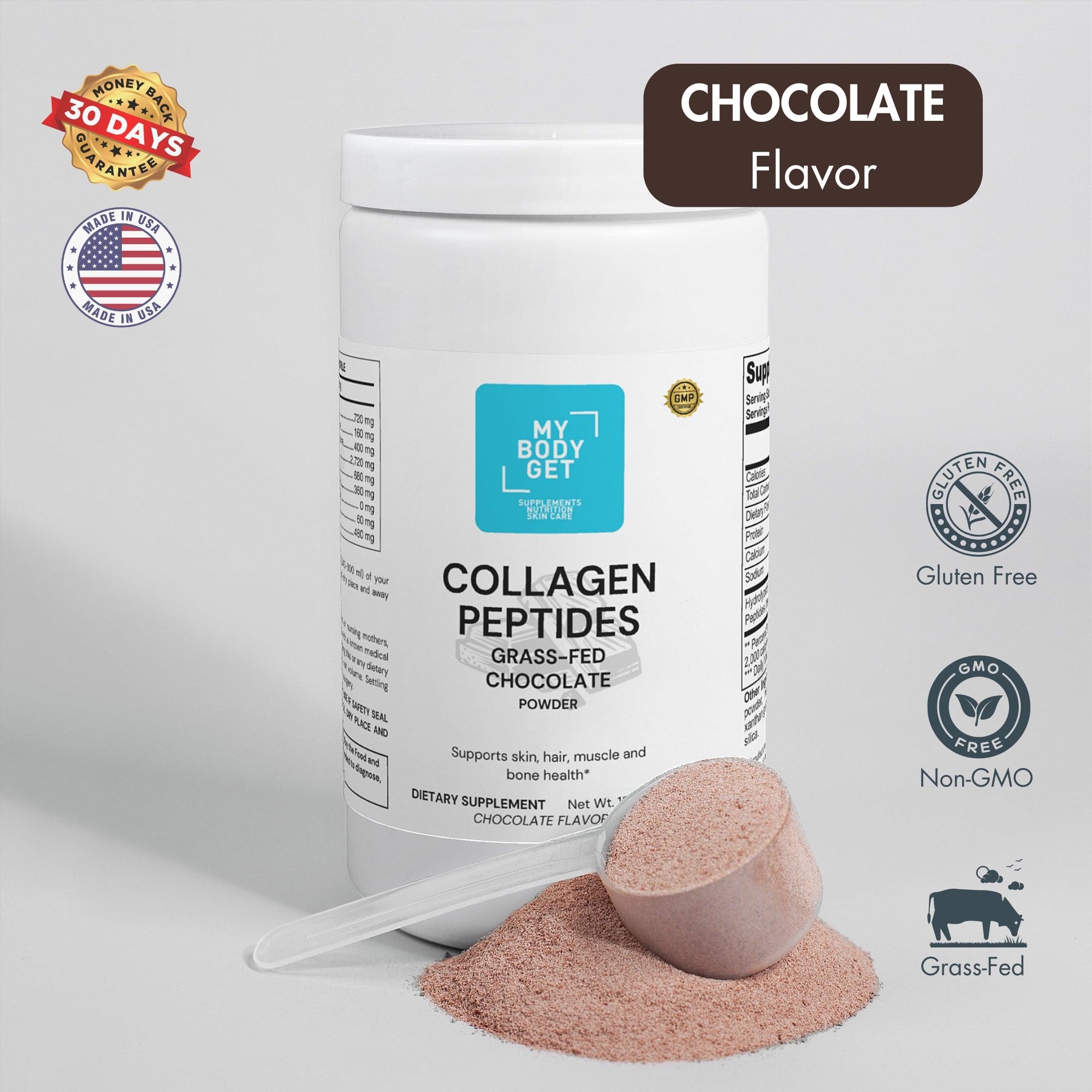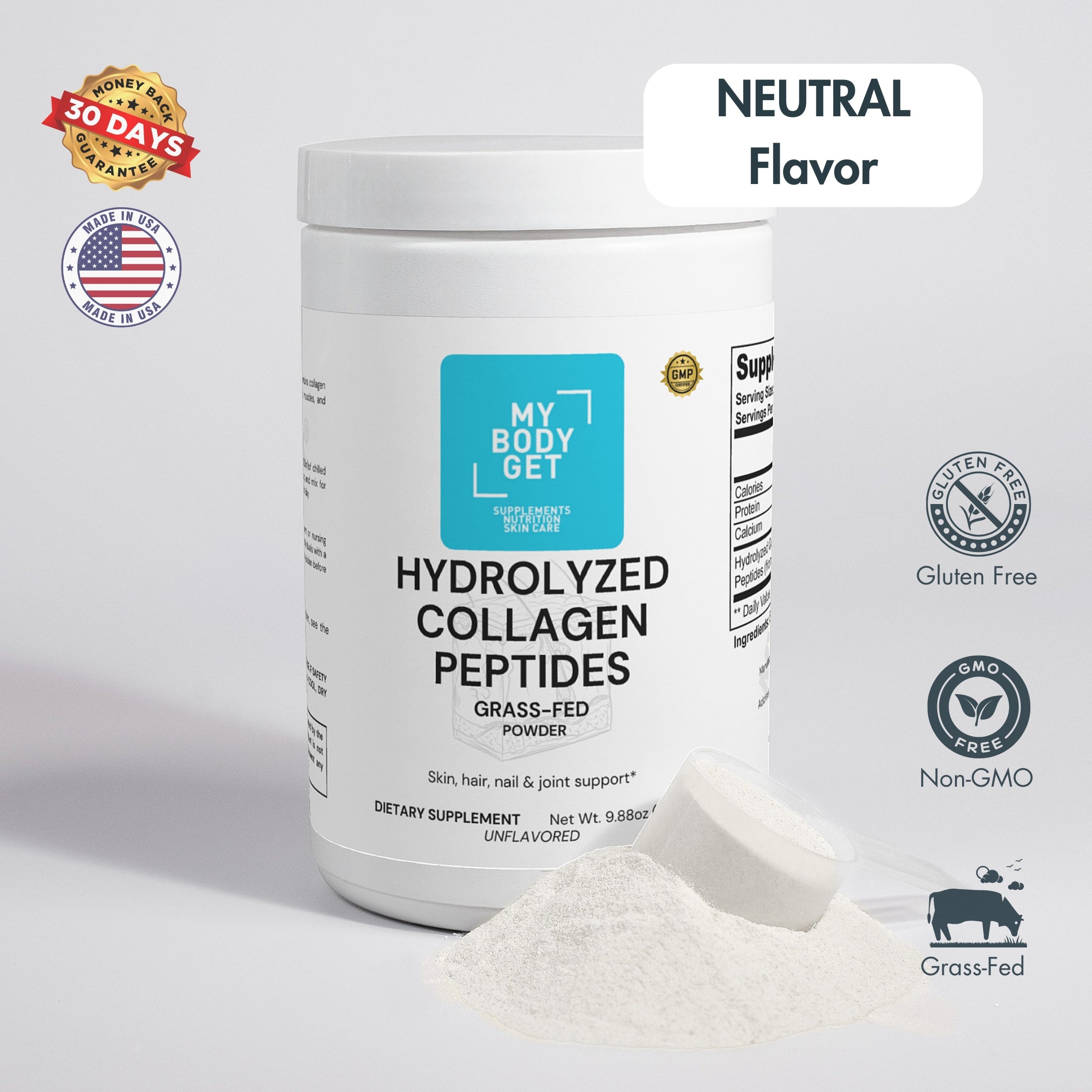Supplements have become a staple in many people's daily routines, promising to fill nutritional gaps, boost health, and enhance overall well-being. However, with their popularity comes a plethora of misconceptions and misinformation. It's essential to separate the myths from the facts to make informed decisions about your health. In this article, we'll explore common myths about supplements and reveal the truth behind these misconceptions.
Myth 1: Supplements Can Replace a Healthy Diet
Fact: Supplements Complement, Not Replace, Your Diet
One of the most pervasive myths is that supplements can take the place of a balanced diet. While supplements can help fill nutritional gaps, they should not be seen as a substitute for a varied and nutrient-rich diet. Whole foods provide a complex array of vitamins, minerals, fiber, and other beneficial compounds that supplements alone cannot replicate. A healthy diet forms the foundation of good health, and supplements should be used to enhance and support, not replace, your dietary choices.
Image Idea: A plate filled with colorful fruits and vegetables next to a bottle of supplements, symbolizing the importance of combining both for optimal health.
Myth 2: More Is Always Better
Fact: Dosage Matters—More Isn't Always Better
Some people believe that taking large doses of vitamins and minerals will provide extra health benefits. However, more is not always better when it comes to supplements. High doses of certain vitamins and minerals can lead to toxicity and adverse effects. For example, excessive vitamin A can cause liver damage, while too much iron can lead to digestive issues. It’s crucial to take supplements as directed and consult with a healthcare professional before significantly increasing your intake.
Image Idea: A measuring spoon overflowing with supplement pills, illustrating the potential risks of overconsumption.
Myth 3: Natural Means Safe
Fact: Natural Supplements Can Have Risks
The term "natural" often leads consumers to believe that a supplement is inherently safe. While many natural supplements are beneficial, "natural" doesn’t always mean safe or free from side effects. For example, herbal supplements like St. John’s Wort can interact with medications, and some natural products may cause allergic reactions. It’s important to research and understand the potential risks associated with natural supplements, just as you would with any other health product.
Image Idea: A comparison of a "natural" supplement bottle and a list of potential side effects or warnings, emphasizing the need for caution.
Myth 4: All Supplements Are Created Equal
Fact: Quality and Efficacy Vary Widely
Not all supplements are created equal. The quality, potency, and efficacy of supplements can vary significantly between brands and products. Factors such as sourcing of ingredients, manufacturing practices, and third-party testing all contribute to the overall quality of a supplement. To ensure you’re getting a safe and effective product, look for supplements that are third-party tested, made by reputable companies, and transparent about their sourcing and manufacturing processes.
Image Idea: Two supplement bottles side by side—one with a third-party certification seal and one without—highlighting the importance of choosing quality products.
Myth 5: Supplements Work Instantly
Fact: Supplements Take Time to Show Results
Some people expect supplements to work instantly, but the reality is that most supplements take time to show noticeable effects. Depending on the supplement and the health condition it’s addressing, it may take weeks or even months to experience the full benefits. Consistency is key when taking supplements, and it's important to have realistic expectations about how and when they will work.
Image Idea: A calendar with a bottle of supplements, illustrating the concept of time and consistency needed for results.
Myth 6: You Don’t Need Supplements If You Eat Well
Fact: Even Healthy Diets Can Benefit from Supplementation
While a healthy, balanced diet is essential, there are still situations where supplementation can be beneficial. Factors such as age, lifestyle, health conditions, and even soil quality can affect the nutrient content of foods. For example, older adults may need extra vitamin D, and vegetarians or vegans might require B12 supplements. Supplements can help ensure you’re meeting your nutritional needs, even if your diet is generally healthy.
Image Idea: A balanced meal on a plate with a small pile of supplements beside it, indicating how supplements can complement a healthy diet.
Conclusion: The Truth About Supplements
Understanding the facts about supplements is crucial for making informed decisions about your health. While supplements can provide valuable support, they are not a cure-all and should be used wisely and in conjunction with a healthy diet and lifestyle. By debunking these myths, you can approach supplementation with a clearer perspective and make choices that truly benefit your well-being.
"In the field of observation, chance favors only the prepared mind."
— Louis Pasteur, French Biologist






Leave a comment
This site is protected by hCaptcha and the hCaptcha Privacy Policy and Terms of Service apply.